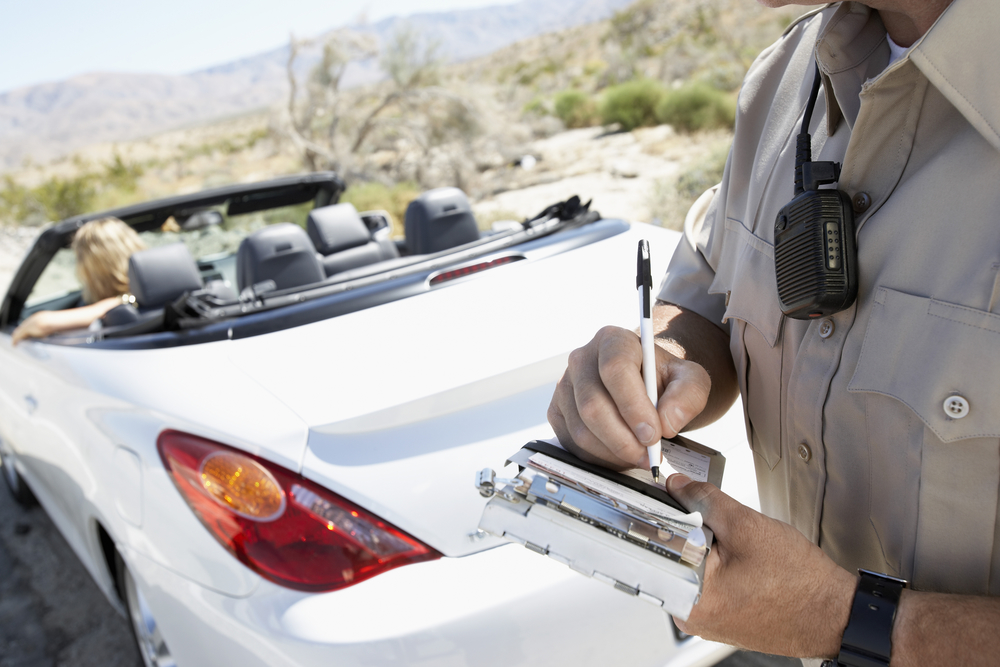Due to the widespread benefits of the process, mediation is being used in increasingly more diverse arenas, including in cases involving crimes or traffic citations. Mediation is often turned to when the parties involved do not want to go through the time, expense and effort of litigation, and traffic violations are no exception. Judges and prosecutors want to avoid trials and lengthy court proceedings and may recommend mediation to resolve a traffic dispute.
During mediation, the person who received the violation and a prosecutor or someone with the legal authority to resolve the case meet together with the help of a trained mediator. The parties listen to the mediator’s explanation that the process is confidential and that if they are unable to reach an amicable resolution of the case, they cannot repeat what was said during this process. Each party then states their position and their hopes for a successful outcome. The mediator may then divide the parties and meet with them one-on-one or may talk to both of them in the same room. The mediator points out the strengths and weaknesses of each position and reminds the parties about the possible consequences of not reaching an agreement, such as expensive court costs or a lack of a predictable outcome.
If the parties reach an agreement during mediation, this is written up and signed by the parties. Depending on the situation, the parties may then need to submit this agreement to the judge for approval. The prosecutor may have to take additional action, such as dismissing or modifying the charges.





